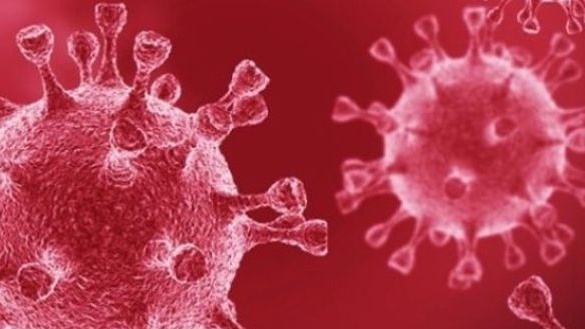
An audio documentary prompted by a photograph of people being restrained by police as they attempted to leave Lima in Peru to avoid Covid-19 has won the 2021 Mary Mulvihill Award.
DCU postgraduate student Eoin Murphy, from Ennis, Co Clare, won the top prize of €2,000 in the science media competition for third-level students with “an urgent and moving audio documentary” called Black Market Oxygen – The Peru Project, which examined contrasting experiences of Ireland and Peru during the pandemic.
The piece was inspired by a photograph in the Guardian showing a stand-off between hundreds of impoverished and desperate families attempting to leave Peru’s capital on foot to return to their home villages and riot police, who blocked their path in an effort to curb the spread of the virus.
The documentary, which Mr Murphy wrote and narrated, is “a stark reminder that old age and underlying conditions are not the only factors that exacerbate vulnerabilities to Covid-19”, the judges found.
“Virus” in its broadest sense was the theme of this year’s awards which commemorate the legacy of science journalist and author Mary Mulvihill, a regular contributor to The Irish Times.
Inequality
“The incredible speed of innovation, which the scientific community has demonstrated since the beginning of 2020, will only be truly realised in years to come,” notes Mr Murphy, who is studying science and health communication. “But what is already clear to see is that the inequality which exists around the world means that the poorest nations are being left behind in their battle to combat the spread of Covid-19.”
Matthew Thomas, who is studying molecular medicine in Trinity College, received the judges’ €500 highly commended award for an essay, Compromised: Lessons learned from the Aids epidemic. The essay traced the story of the epidemic from the first cases of unusual infections and cancers in gay men to the desperate search to identify the causative agent and develop effective drug therapies.
He describes moving cultural and community responses to the tragic loss of so many young lives, and draws parallels between Aids and Covid-19 in terms of denialism and prejudice that have emerged, fuelled by populist politicians and social media.
Entries ranged across considerations of different aspects of virology, such as human endogenous retroviral sequences, which play essential roles in human biology, and bacteriophages, viruses that attack bacteria, which have therapeutic potential as next-generation antibiotics. One entry analysed the “infodemic” that has accompanied the current pandemic and another featured the difficulty faced by asylum seekers in direct provision trying to maintain social distance in overcrowded accommodation.
Formats were equally diverse, according to the judges. They included an illustrated children’s book on viruses rendered in verse; a dedicated website on HIV with an embedded podcast, and a sampler for a graphic novel, as well as entries in various other text, audio and video formats.
“The judges were greatly impressed with the volume and variety of this year’s entries,” said Anne Mulvihill, a sister of Mary’s and member of the judging panel. “Eoin Murphy’s excellent audio piece was a unanimous winner and, given that Mary did a lot of audio work, it’s additionally fitting that the piece is in this medium.”
Other judges for this year’s award were: Ellen Byrne, of the Festival of Curiosity; Karlin Lillington, Irish Times technology journalist; Nigel Monaghan, keeper of the National Museum of Ireland – Natural History; and Cliona O’Farrelly, TCD professor of comparative immunology.








